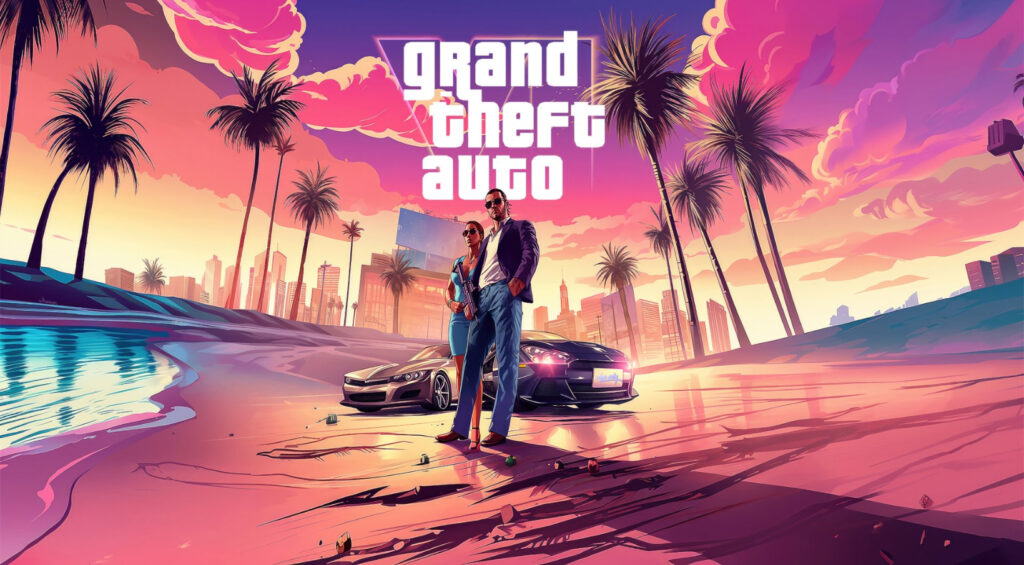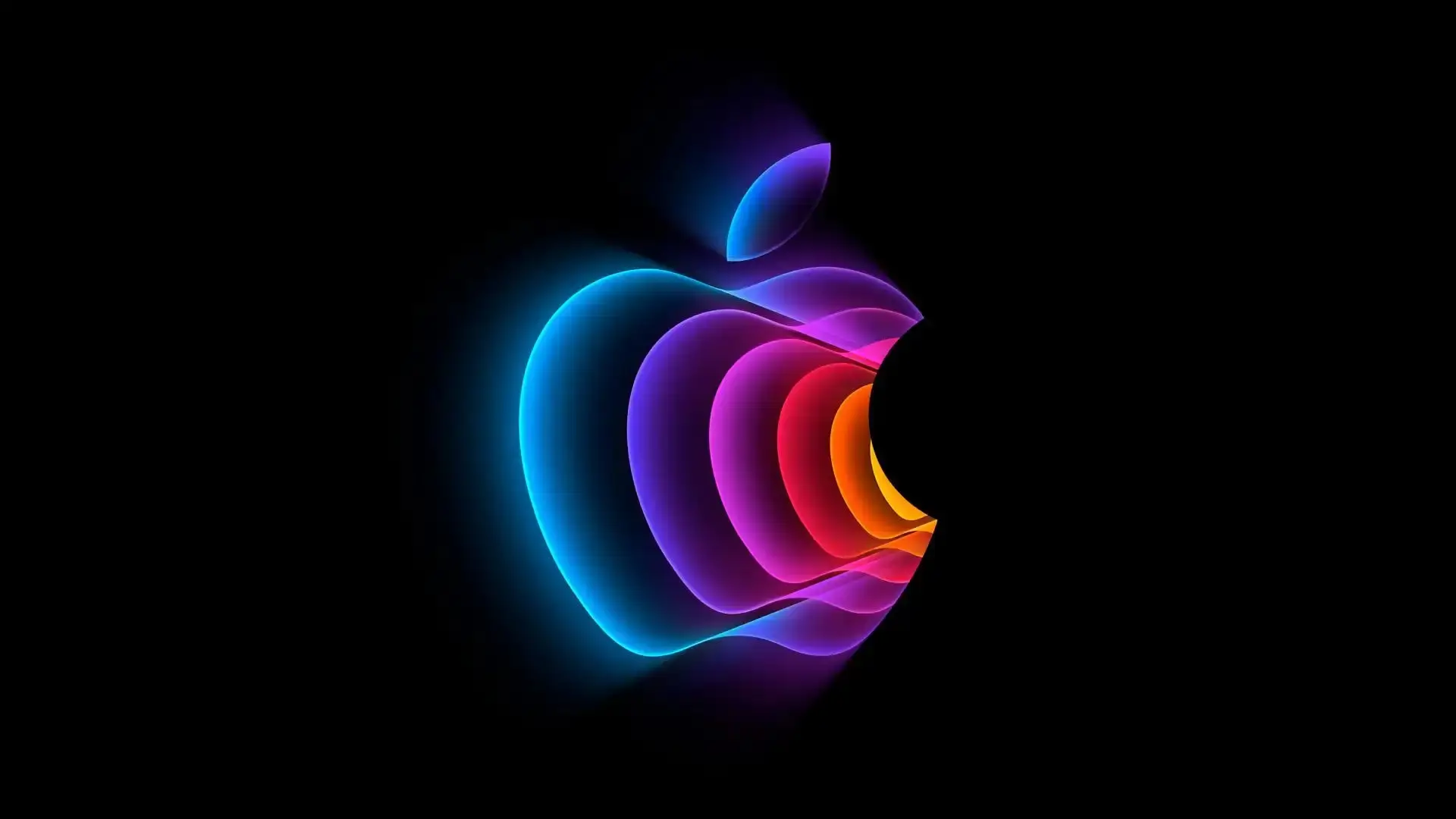When Rockstar Games unveiled the second trailer for Grand Theft Auto VI in December 2023, it wasn’t just a cinematic preview—it was a cultural implosion. Within 24 hours, the trailer racked up over 475 million views, demolishing records and igniting a global frenzy. From Miami-inspired beachside chaos to Bonnie-and-Clyde-style protagonists, the visuals became instant memes. TikTok remixed the soundtrack. Reddit theorized the hidden coordinates in neon billboards. The trailer wasn’t marketing; it was a movement.
So when Rockstar’s parent company Take-Two Interactive announced that the game’s release would shift from its projected 2025 launch to May 2026, the response wasn’t merely disappointment—it was seismic. Shares of Take-Two dipped, and media outlets scrambled for analysis. But beneath the headlines and gamer frustration lies a deeper undercurrent: the GTA VI delay is more than a schedule slip. It’s a symbolic turning point, rewriting the dynamics of development, expectation, and power in the interactive entertainment industry.
Financial Fallout: When Release Dates Move, So Does Wall Street
For a publicly traded company like Take-Two, a tentpole release like GTA VI is not just a game—it’s a financial anchor. Grand Theft Auto V generated over $8 billion in revenue, making it the most profitable entertainment product in history. Its successor carries unimaginable financial weight. Analysts had already begun to price its success into Take-Two’s long-term projections. So when the delay was confirmed, TTWO stock fell by over 5%, erasing billions in market value.
Investors aren’t merely reacting to a postponed game—they’re recalibrating entire portfolios. Tech and gaming analysts are shifting their quarterly forecasts, predicting ripple effects on merchandise, advertising revenue, and platform licensing deals. The delay even disrupts projected earnings for console makers like Sony and Microsoft, who were preparing for a potential hardware sales spike aligned with GTA VI’s launch.
This moment marks a broader realization: games are now too big to fail, and their release windows affect Wall Street with the same volatility as pharmaceutical trials or oil reserves.
Fandom in Flux: The Psychology of Anticipation and Anxiety
If GTA VI is a blockbuster in the making, then its fanbase is an army of digital vigilantes, obsessively parsing every frame, map outline, and leaked asset. Rockstar is famously secretive, which only intensifies the fan culture. The 2022 leak of development footage was one of the largest in gaming history—yet even that didn’t quell appetite. Instead, it fed speculation.
By delaying the game, Rockstar has put a psychological burden on its most loyal followers. Gaming is not passive consumption—it’s community-building, identity, and emotional investment. Entire YouTube channels, Twitch streams, and Discord servers are built around countdowns, theories, and pre-release engagement. The delay deflates not just anticipation but economies of scale across content creation platforms.
Yet the fandom remains intact—albeit bruised. The extended wait reinforces the sense that this isn’t just about entertainment, but a once-in-a-decade cultural milestone. If GTA V defined the 2010s, GTA VI now carries the symbolic load of defining the second half of the 2020s. Every postponed month adds gravity to its mythos.
Development Realities: Crunch Culture, AI, and a Post-COVID Pipeline
One of the most significant—and least visible—impacts of this delay is what it reveals about the current state of AAA game development. Rockstar Games has long been scrutinized for its intense work culture. The production of Red Dead Redemption 2 was famously associated with 100-hour work weeks, and the studio faced internal reckonings around labor practices and diversity.
Since then, the industry has undergone structural shifts. Post-pandemic workflows, hybrid remote teams, and mounting pressure to avoid “crunch” have made AAA timelines more fragile and complex. Game engines have become more powerful but also more demanding, requiring multidisciplinary teams across continents.
The GTA VI delay hints at something deeper: perhaps Rockstar is refusing to compromise on scale, detail, and polish in a game expected to surpass every benchmark in open-world design. The anticipated integration of next-gen AI, real-time physics systems, and adaptive narrative frameworks all add layers of technical ambition that justify a longer timeline.
Moreover, the gaming world is now filled with cyber landmines—public sentiment can implode a game at launch (Cyberpunk 2077, anyone?). Rockstar cannot afford a misstep. This is a bet on longevity and trust, not just pre-orders.
Industry Reverberations: A Domino for 2026 Titles
What happens when the biggest game of the decade shifts its release date? Everyone else adjusts. Studios slated to release major titles in late 2025 or early 2026 are now re-strategizing their calendars. Ubisoft, EA, CD Projekt Red, and others will think twice about launching adjacent to Rockstar’s behemoth. GTA doesn’t just dominate player attention—it vacuum-seals the market for months.
Even tech conferences and global gaming expos like Gamescom and The Game Awards will recalibrate their showcases to accommodate or capitalize on the new release window. The delay opens new commercial gaps for other titles to thrive—but it also creates a daunting bottleneck for 2026.
Expect an avalanche of high-profile launches around May 2026—because once GTA VI lands, few dare to follow it directly.
Cultural Stakes: This Isn’t Just a Game—It’s a Generational Touchstone
From Vice City’s pastel debauchery to San Andreas’s social commentary and GTA V’s satirical mirror of late capitalism, the Grand Theft Auto series has always been more than a playground of chaos. It’s a reflection of American excess, urban paranoia, and pop-cultural absurdity. Every installment is a time capsule, and GTA VI, set in a fictionalized Miami and starring Lucia, the franchise’s first female protagonist in decades, is poised to reflect an even broader spectrum of modernity.
The delay, then, also heightens the cultural expectations. What issues will it tackle? What technologies will it redefine? What taboos will it challenge or reinforce? With 2026 on the horizon, Rockstar is not merely building a game; it is crafting the architecture of cultural relevance.
A Delay That Defines an Era
While gaming delays are often met with skepticism or outrage, the postponement of GTA VI has become something far more profound. It is a mirror to the anxieties, ambitions, and contradictions of the gaming world and the broader tech-entertainment complex.
Finance, fandom, and the future are all being redrawn by this single event. And in a time when attention spans are fleeting and loyalty is rented by the algorithm, Rockstar’s confidence in taking the long road suggests one thing:
They’re not making just another game.
No comments yet.








